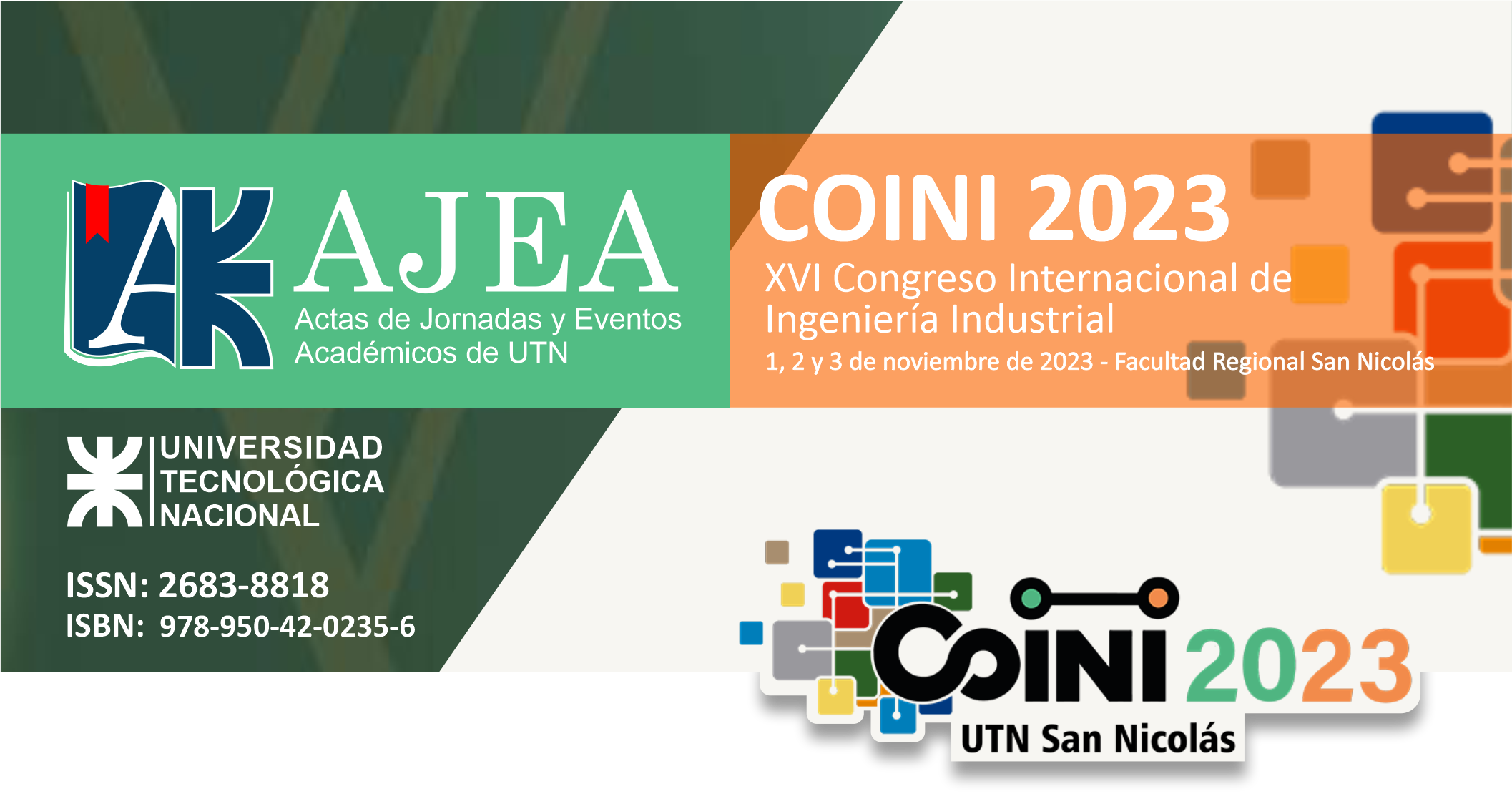CREATION OF A NATIONAL AND REGIONAL ECOLABEL AS A PUBLIC POLICY FOR ENVIRONMENTAL GOVERNANCE (2021 - 2026).
Keywords:
Ecolabel, Environment, Public Policy, SustainabilityAbstract
The general objective of this project “Analysis of the creation of a national and regional ecolabel as a public policy for environmental governance (2021 - 2026)” is to evaluate the feasibility of the creation of a regional ecolabel capable of certifying the quality of a product in favor of enviroment.
Specifically, it is a project that will answer the research question described below:
Would it be possible to raise awareness in favor of the environment through an ecolabel as an instrument in the daily life of Argentine society?
Do people select one product over another because the product has a
ecolabel on its packaging?
Previously, it is necessary to evaluate the technical, economic and operational feasibility of the project, which implies analyzing aspects such as the technological support for the development of the Mobile App application to read the QR code. and tools available to sample and analyze the data.
Once the proposal is implemented, a test can be carried out on a sample of a small group of people, for example, from a neighborhood and then extended to a larger sample such as a town or commune.
Methodological development requires the use of techniques based on complementarity (analysis from different perspectives, including strategies and qualitative and quantitative data) such as methodological triangulation (use and contrast of multiple methods, varieties of data, researchers and theories, in the study of the same object) following the methodological proposal of Sampieri (2006) and Castillo Arredondo and Medina Rivilla (2003).
The added value of this project is that it will allow the research to be transferred directly to the context as a result of a social experiment.
Downloads
Metrics
Downloads
Published
How to Cite
Conference Proceedings Volume
Section
License
Copyright (c) 2024 Rita Mabel Pérez, Beatriz del Valle Kunda, Ricardo Bonaiuti, Constanza Carolina Caminos, Blanca Rosa Carrizo

This work is licensed under a Creative Commons Attribution-NonCommercial 4.0 International License.










